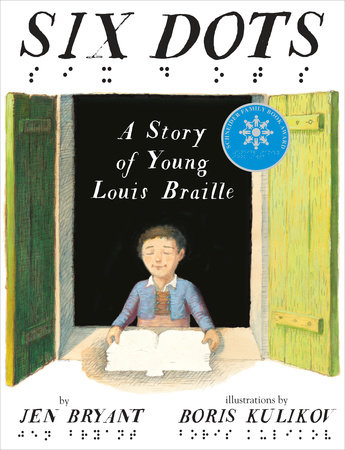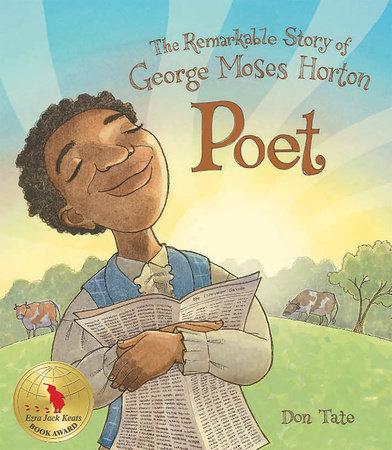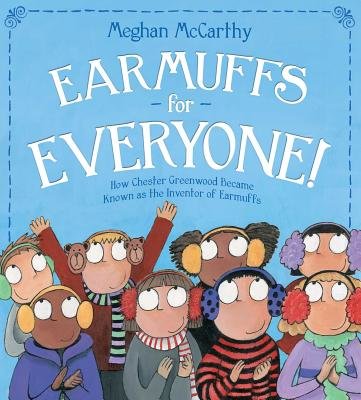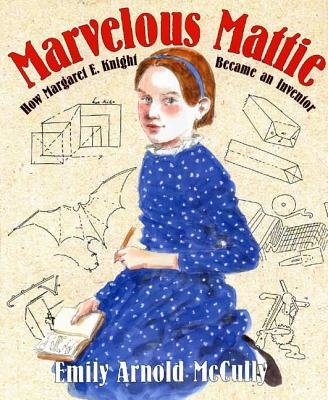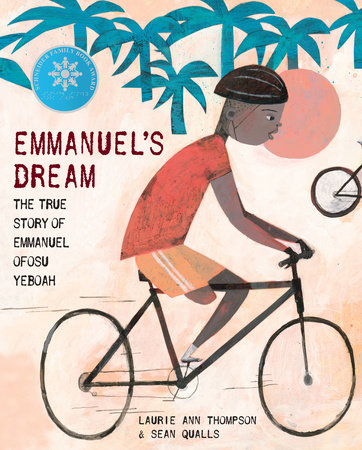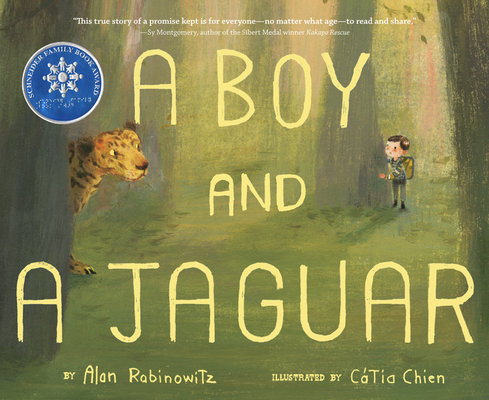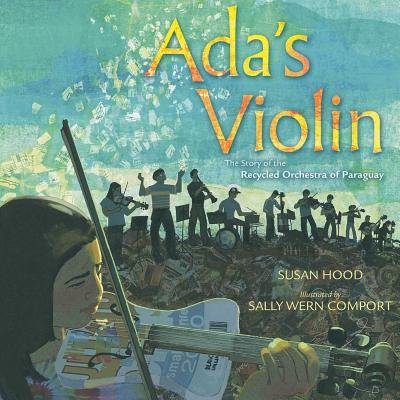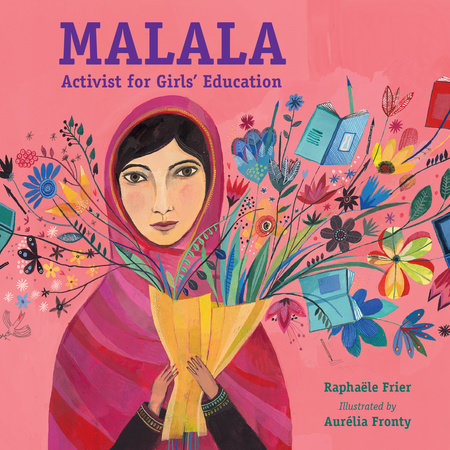8 Books About Real-Life Kids Who Changed the World
by Denise Schipani
I tell my sons all the time that they have the capability to change the world. “You may not think so, but you never know,” I tell them. Sometimes necessity really is the mother of invention — and someone, a child — comes up with an idea to help him or herself that ends up reverberating across the world, and across time. And sometimes reading stories about one child’s brave act, creative spark, or quiet determination is enough to inspire my kids — or yours, or anyone’s — to believe that they have power just waiting to be discovered. Want to inspire your child, or just elevate reading time with your little one? Here are eight books about real life children who changed the world.
-
Six Dots: A Story of Young Louis Braille
Available from:We all know what Braille is — the ingenious system of raised dots on paper that has allowed blind people to read. You may know it was invented by a blind person. But what you may not know is that Louis Braille — frustrated by being shut out of the joy and educational opportunities afforded by the simple act of reading — was still a child when he came up with the Braille alphabet. Blinded by an accident when he was only five, Louis’s remarkable conviction that he wanted to live just like everyone else was the spark for his amazing invention.
Also available from: -
Poet: The Remarkable Story of George Moses Horton
Available from:Speaking of reading, George Moses Horton, a slave on a North Carolina tobacco plantation, was a child when he committed his first transgressive act: secretly teaching himself to read (something forbidden to slaves). Later, he became a poet, composing verses in his head. Venturing to the campus of the University of North Carolina, he spoke his truth, his poetry, aloud and drew the attention of students (who bought his verse) and, ultimately, of a woman named Caroline Lee Whiting Hentz. Hentz, a novelist and professor’s wife, eventually helped Horton publish his first poetry collection; The Hope of Liberty, printed in 1829, was the first-ever book published by an African American man in the South. Tate writes and illustrates this amazing story of a boy who protested his plight through poetry, and earned acclaim for his words.
Also available from: -
Earmuffs for Everyone!: How Chester Greenwood Became Known as the Inventor of Earmuffs
What do you do when winter winds whistle in your ears? If your answer is “Slap on a pair of earmuffs,” then you have to go back in time to 1873 and thank child inventor Chester Greenwood. Playing around with beaver fur, wire, and cloth, he came up with the now-ubiquitous earmuff. By age 19, his earmuff-manufacturing company was up and running. In this fun picture book, author Meghan McCarthy tells the story of how a kid turned cold lobes into a booming business — and a lasting legacy.
-
Marvelous Mattie: How Margaret E. Knight Became an Inventor
You know how paper grocery bags unfold and can stand up on their flat bottoms? Lifelong tinkerer Margaret Knight (known as Mattie) is responsible for that, even though she had to wrest credit for her invention from a man who assumed someone so young (and so, well, female) couldn’t have done such a thing. But such a thing and many other things were the result of Mattie’s marvelous tinkering. As a child, she employed a sketchbook and her father’s toolbox to design and invent lots of things, from toys to tools. Her inventions included a metal part that protected workers from being injured by weaving looms in factories. The age at which she came up with that one? Twelve.
-
Emmanuel’s Dream: The True Story of Emmanuel Ofosu Yeboah
Available from:Emmanuel was missing a couple of important things as a young boy in Ghana, West Africa: a good leg (one of his limbs was not strong, leaving him disabled) and a loving father (his deserted the family). Told by his mother that he was still worthy, Emmanuel would hop the miles back and forth to school. When his mom grew too ill to work, he begged for food. Eventually, he became a cyclist — and completed a 400-mile, 10-day trip around Ghana to bring attention to people with disabilities. Thompson’s simple language and Qualls’s bright mixed-media paintings tell an uplifting tale of how one determined boy showed the world what he was made of.
Also available from: -
A Boy and a Jaguar
As a child, conservationist Alan Rabinowitz stuttered, causing him embarrassment and social isolation. On a trip to the Bronx Zoo he became mesmerized — and horrified — by the big cats in their cages. Why were these beautiful animal penned up? Were they in trouble? He told a jaguar he saw that someday he’d think of a way to free him. That is when he found his voice; when talking to animals, his stutter vanished. Years later, Rabinowitz established a jaguar preserve in Belize. His first-person narrative voice speaks clearly to young readers who wonder if they, too, can have a voice in the world.
-
Ada's Violin: The Story of the Recycled Orchestra of Paraguay
If you dream of being a violinist, but live in a poor town in Paraguay — built, literally, on a landfill — you might despair. Or, if you’re Ada Ríos and you’re determined and lucky enough to meet a music teacher who also has big dreams, you might just have a chance. That teacher, Favio Chávez, made instruments for his students out of found objects from the trash, constructing an entire orchestra from things people had thrown away. What he showed children like Ada was that they themselves weren’t throwaway people, and that they could fulfill the dreams, big and small. The story of the Recycled Orchestra provides inspiration for kids who hear music of any kind in their heads.
-
Malala: Activist for Girls’ Education
Available from:Most grown-ups and plenty of kids already know the story of Malala Yousafzai, the quiet and serious student who, at 15, was shot by the Taliban for attending school in her home country of Pakistan. She recovered — and went on to become a champion and spokesperson for girls’ education, even winning a Nobel Peace Prize. It’s time now for a fresh generation of students to be inspired by her story, re-told in this beautifully illustrated biography. (On sale February 2017)
Also available from:

